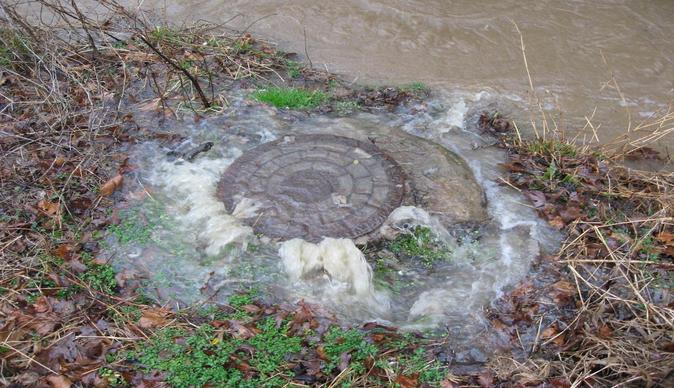The Mayor of Bulawayo, David Coltart, says the city is committed to addressing ongoing sewerage blockages, revealing plans to engage private companies to rehabilitate the city’s deteriorating sewerage plants.
Residents in Bulawayo continue to grapple with severe sewerage blockages, with Municipal employees taking considerable time to attend to reported issues.
During a meeting held in Ward 22 addressing the state of the ward, residents shared their grievances, citing the discomfort of living with untreated sewage.
“Human waste is unbearable, making it difficult to stay at home. When we report issues, they don’t respond, but surprisingly, when we tell the councilor, they attend within five minutes,” said one resident.
The resident suggested that the council should subsidise private companies.
“There are plumbers who need jobs, unlike these workers who don’t take us seriously. After all, we pay for the service and receive high bills at month-end. The situation is better for water because you can fetch from boreholes or harvest rainwater, but not for human waste. Please fix this issue,” the resident added.
In response, the Mayor acknowledged the city’s challenges, revealing that the sewerage department was operating at less than 20 percent capacity when the current council took office.
“I received a report from Nketa 8 about a house with sewage everywhere—terrible for a family and dangerous exposure to cholera. We have eight sewerage plants, none of which are working properly in the city. Our focus is to get these plants working properly. It’s a huge problem, but we are working with private companies and others to resolve it,” he said.
Coltart explained that water shedding has worsened the situation.
“When we took over, I was told, and it’s still the case, that they are operating at less than 20 percent capacity. In some parts of the city, we are pumping raw sewage into the Umguza River—a completely unacceptable situation. It’s made worse by the amount of rubbish in the system and further complicated by water shedding. When you don’t get water in your system, nothing flushes properly. When water finally returns, everything has hardened, causing blockages,” he explained.
He continued, “We are addressing these problems by working with companies to bring in private contractors for rehabilitation. We have contracted five private plumbers who have been working throughout the city to clear blockages, though I’m not sure if any have worked in this area.”
Coltart appealed to residents to assist the council with sewerage blockages, noting that some are due to negligence.
“When we throw litter and plastic bottles into the system, they block the pipes and affect the entire system.”
“Particularly to young people, we must change our culture. Your homes aren’t littered, so why should our streets be? We need everyone to work with us to clean up the city,” he emphasised.
He urged residents to take proactive steps in maintaining their properties, including clearing drains and ditches to ensure proper water flow.
“I received a report from Nketa 8 about terrible sewerage issues, but part of the problem was that the drains by the house hadn’t been cleared, leaving nowhere for water to go. You can’t look to the council for everything. We need a spirit of self-reliance and self-help. If we keep our neighbourhoods clean and dig the ditches, it will be easier to deal with these issues,” Coltart concluded.

